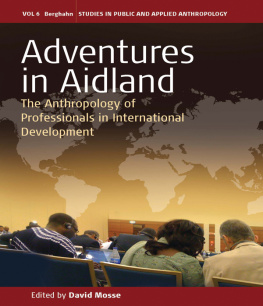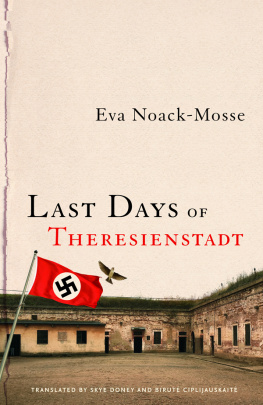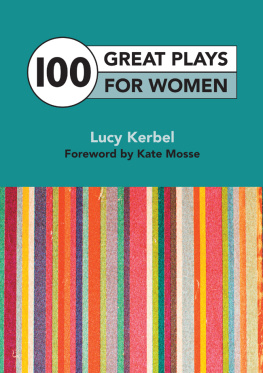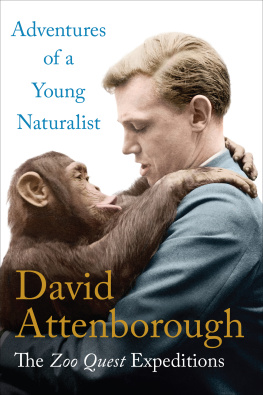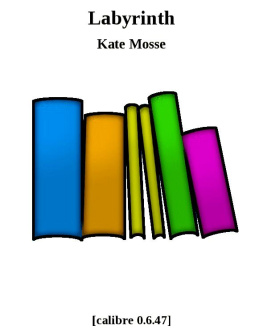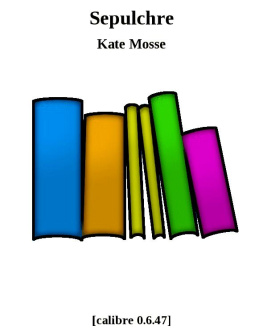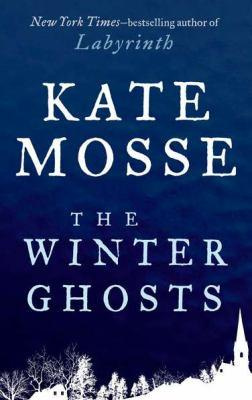Adventures in AidlandStudies in Public and Applied Anthropology
General Editor: Sarah Pink, University of Loughborough and Simone Abram, Town and Regional Planning, University of Sheffield.
The value of anthropology to public policy, business and third sector initiatives is increasingly recognized, not least due to significant innovations in the discipline. The books published in this series offer important insights into these developments by examining the expanding role of anthropologists practicing their discipline outside academia as well as exploring the ethnographic, methodological and theoretical contribution of anthropology, within and outside academia, to issues of public concern.
Volume 1
Anthropology and Consultancy:
Issues and Debates
Edited by Pamela Stewart and Andrew Strathern
Volume 2
Applications of Anthropology:
Professional Anthropology in the Twenty-First Century
Edited by Sarah Pink
Volume 3
Fire in the Dark:
Telling Gypsiness in North-East England
Sarah Buckler
Volume 4
Visual Interventions:
Applied Visual Anthropology
Edited by Sarah Pink
Volume 5
Ethnography and the Corporate Encounter:
Reflections on Research in and of Corporations
Edited by Melissa Cefkin
Volume 6
Adventures in Aidland:
The Anthropology of Professionals in International Development
Edited by David Mosse
Adventures in Aidland
The Anthropology of Professionals in International Development
Edited by
David Mosse
berghahn
NEW YORK OXFORD
www.berghahnbooks.com
First published in 2011 by
Berghahn Books
www.berghahnbooks.com
2011, 2013 David Mosse
First paperback edition published in 2013
All rights reserved. Except for the quotation of short passages for the purposes of criticism and review, no part of this book may be reproduced in any form or by any means, electronic or mechanical, including photocopying, recording, or any information storage and retrieval system now known or to be invented, without written permission of the publisher.
Library of Congress Cataloging-in-Publication Data
Adventures in Aidland : the anthropology of professionals in international development / edited by David Mosse.
p. cm. (Studies in public and applied anthropology ; v. 6) Includes bibliographical references and index.
ISBN 978-0-85745-110-1 (hardback) ISBN 978-1-78238-063-4
(paperback) ISBN 978-1-78238-064-1 (retail ebook)
1. Applied anthropology. 2. Economic development--Social aspects. I. Mosse, David.
GN397.5.A38 2011 301dc22
2011000953
British Library Cataloguing in Publication Data
A catalogue record for this book is available from the British Library Printed in the United States on acid-free paper
ISBN: 978-1-78238-063-4 paperback
ISBN: 978-1-78238-064-1 retail ebook
CONTENTS
David Mosse |
Maia Green |
Tania Murray Li |
David Mosse |
Desmond McNeill and Asuncion Lera St.Clair |
Ian Harper |
Rosalind Eyben |
Dinah Rajak and Jock Stirrat |
David Lewis |
Raymond Apthorpe |
PREFACE AND ACKNOWLEDGEMENTS

In this volume, anthropologists write about expertise in the realm of international development, and especially the thought work that occurs in organizations such as the World Bank or the World Health Organization, or in donor agencies such as the UK Department for International Development or non-governmental organizations, and within their various networks of professionals. These are the agencies that commonly enough define for us the nature of global poverty or other global conditions of health and disease, food prices, the water crisis, conflicts and humanitarian crises. Their policy documents and norm-making expert panels provide the vocabulary with which to think about global issues and global governance, and the conditions for improvement, for poverty reduction, service delivery or democratization. Their travelling rationalities (Craig and Porter 2006), produced in international institutions, are transferred to countries around the world. Aidland not a nowhere exactly but inexactly a somewhere with the characteristics of a nowhere is a term borrowed from Raymond Apthorpe (see ) to capture the aggregate effect of expert thought and planning which is the virtual world of aid professionals. As one anonymous reviewer of this manuscript aptly put it, Aidland is the international development parallel to both the finance crises and contemporary US policies, constituted simultaneously as both real and surreal (or virtual), and held together by a puzzling utopian realism.
Such knowledge practices have only recently attracted the attention of social scientists. Anthropologists may be latecomers to this field, but their contribution is distinctive. In particular, most of the authors of this volume have worked for or been a part of one or more of these development organizations. Their insights do not arise from conventional anthropological research projects, but are the result of reflection on the experience of living and working as part of the interconnected expert world of international development. This is insider ethnography or autoethnography, offering the fruits of an anthropological reflexive capability from those who might describe themselves as observant participants as much as participant observers.
Debates about applying anthropology in development (or previously colonial) interventions and the relationship between anthropology and professional work are as old as the discipline itself. This series of Studies in Public and Applied Anthropology makes an important contribution to the debate on consultancy, building social knowledge into policy prescription or business management and other ways in which anthropology seeks to become an expert field (e.g., Stewart and Stratherns 2005 collection on Anthropology and Consultancy, and Sarah Pinks 2005 collection on Applications of Anthropology). This volume, however, shifts concern from the usual applied question of how to make planning knowledge out of ethnography to the question of how to make ethnography out of planning knowledge; equivalently it is less a matter of putting theory into practice than of putting practice into theory (as a recently proposed conference puts it: Amy Pollard, pers. comm.).
Each of the authors of this volume has tried to find an ethnographic voice from within professional practice. Maia Green provides an ethnographic view of her own work on framing policy categories at the conceptual interface of mind and text in a UK government department for international development in London and as consultant to a multilateral agency. Tania Li provides an analysis of the World Banks turn to ethnography as an instrument for its large-scale interventions in Indonesia, while David Mosse offers an ethnography of anthropologists at work in the World Banks headquarters in Washington D.C. Desmond McNeill and Asun Lera St Clair provide an account of the social processes of expert knowledge formulation as participants in the globally influential World Development Report 2006 on Equity and Development. Ian Harper writes from intimate professional knowledge of the world of international health experts in Nepal. Rosalind Eyben describes the everyday sociality of aid professionals in Bolivia from the position of her own role as Head of Mission of the UK DFID in the country. Dinah Rajak and Jock Stirrat reflect on a world of expatriate experts in Colombo, Bangkok and Ho Chi Minh City from their own movements in and out of this world. David Lewis analyses life histories of agency personnel in the UK voluntary sector and international NGOs, and finally, reflecting on a long career as an anthropologist and development consultant, Raymond Apthorpe enters expert domains as the allegorical reality of Alice in Aidland.




